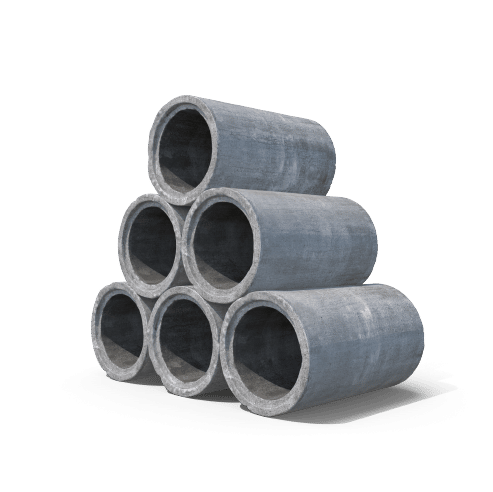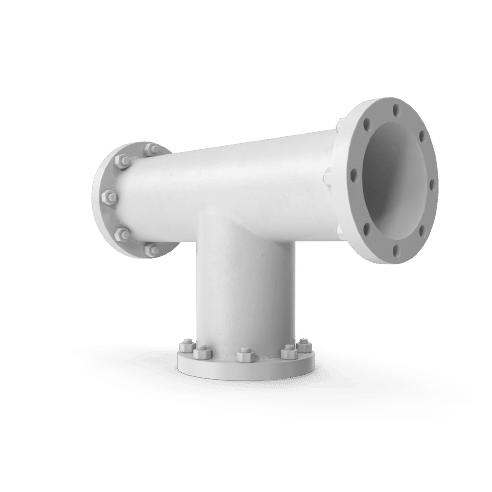

Refractory

Goonvean Fibres offers a range of short cut fibres in various lengths and deniers that are suitable for use in refractory applications.
These short cut ceramic and casting fibres provide excellent secondary reinforcement results for plastic-shrinkage, crack control, high temperature regulation, and increased impact resistance. For casting and ceramic industries, our fibres and flocks are perfect for ensuring the highest quality finish and performance.


Find the right product for your needs
Please use the configurator below so we can recommend a product based on your requirements.
Casting
Our short cut fibres are ideal for use in investment or wax casting applications. These fibres are used to produce high quality and durable castings. When used with high-technology waxes and specialist alloys, components can be cast in almost any combination of metals and high-performance alloys with accuracy, repeatability, versatility, and integrity.
100 – 500 microns
Natural ground olive stones are an inexpensive way to improve the temperature control, insulation, and reinforcement of casting slurries.
2.10 decitex
Nylon fibres are commonly used in refractory for investment casting slurries. The addition of fibre to the slurry provides reinforcement in the shell construction by adding permeability during shell firing.
3.30 decitex
Similar to nylon, polyester fibres provide excellent reinforcement and permeability properties to casting slurries. Polyester is also resistant to stretching and shrinking and is very durable.
Ceramics
We have a number of materials that are widely used to reinforce architectural, ornamental, and coloured ceramic applications. These materials can provide excellent thermal shock resistance, thermal conductivity, heat storage, and anti-cracking properties. Aside from these high temperature applications, short cut fibres are also used for the construction of modelling clays for improved performance during firing.
2.10 decitex
When added to ceramics, nylon fibre can drastically improve the wet and dry strength of the material. They also add toughness, durability, and improved drying properties.
3.3 decitex
Polypropylene has a very good heat resistance, low density, and high chemical resistance, making it an excellent addition to ceramic materials. It is tough and flexible and has good resistance to fatigue.
Fibres are dispersed throughout the pre-cast matrix and help keep particles in suspension.
Once the material is cast and subjected to temperatures above melting point of polypropylene, the fibres melt and give rise to permeable channels between paths in the cast matrix.
These channels increase the porosity of the cast and allow vapour pressure to dissipate out. This means that the final product is less likely to explode or crack.
3.3 decitex
Much like polypropylene, polyester fibres are dispersed throughout the pre-cast solution before being cast and fired.
Polyester is strong and resistant to shrinkage. When it is added to ceramics, polyester can provide reduced risk of explosion, increased permeability, increased drying rate, reduced vapour pressure, green strength reinforcement, and reduced risk of cracking.
